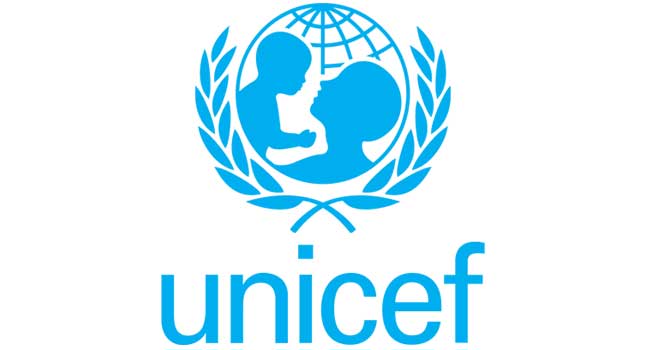On Wednesday, not fewer than 300 heads of primary and secondary schools and members of school-based management committees (SBMCs) in Misau LGA of Bauchi State commenced a 3-day capacity training on safer schools organised by the United Nations Children Fund (UNICEF).
The Chief of Field Office, UNICEF Bauchi Field Office, Dr Tushar Rane, while addressing the participants, explained that the training was aimed at building their capacity and strengthening teachers and community leaders on safe school guidelines.
According to him, Nigeria has witnessed instances of attacks on schools, which have led to a significant number of students discontinuing their schooling due to the disruption of educational activities.
Tushar Rane also pointed out that education fosters socio-economic prosperity and other elements for achieving peace in society.
He regretted, however, that not all children can reap the protective and peace-building advantages of education.
He further decried that children’s access to education is disrupted by factors such as occupation by state or non-state actors, fear of attacks, and other related reasons, including school-related gender-based violence encompassing physical, emotional, and sexual forms.
The UNICEF Chief further observed that bullying can lead to severe mental health consequences, diminished self-esteem, heightened rates of school dropout, and poor attendance.
He said that a recent assessment showed that, on average, approximately 43% of the Minimum Standards for Safe Schools are being fulfilled across approximately 6,000 evaluated schools in Nigeria.
Tushar Rane also pointed out that the Nigerian government has initiated various policies to ensure the safety of students and teachers both within and beyond school premises.
He said that the initiatives include the Safe Schools Initiative (SSI), the Domestication of the Safe Schools Declaration (SSD), the establishment of Minimum Standards for Safe Schools, the National Policy on Safety, Security, and Violence-Free Schools (NPSSVFS), and the Implementation Guidelines.
The Chief of Field Office, UNICEF Bauchi Field Office, stated that the minimum safety school standards are broken down into six key result areas to include: a strong school system; violence against children; natural hazards; conflict; everyday hazards; and safe school infrastructure.
According to him, in the Bachi Field Office, UNICEF is facilitating the implementation of the minimum safety standards in the three states of Adamawa, Bauchi, and Gombe, with plans to expand to Plateau and Taraba states.
He also said that “we are enhancing the capacity of frontline workers, including 1,385 teachers, head teachers, and school-based management committees at the basic education level, equipping them to respond to emergencies, including school attacks, and developing school emergency preparedness response plans to make sure the schools are safe and habitable for students, teachers, and all stakeholders to carry out their activities without risks.”
According to him, the ongoing capacity-building efforts include training the first cohort of 350 teachers across six local government areas of Ganjuwa, Alkaleri, Toro, Shira, Zaki, and Ningi in Bauchi State.
“Simultaneously, the second cohort, undergoing across Adamawa, Bauchi, and Gombe states, comprises 200 frontline workers in Bauchi across Misau, Dass, Giade, and Darazo local government areas of Bauchi state,” Tushar Rana disclosed.
He then said that UNICEF is working with the state government to increase public financing for safe schools by engaging high-level government and political stakeholders and providing technical support to establish safe school committees.
Some of the participants thanked UNICEF for supporting the growth and development of education in the state, stressing that capacity-building training was coming at the right time.
They assured me that whatever they learn will be put to effective use to ensure a safer school environment in the area.
ALSO READ THESE TOP STORIES FROM NIGERIAN TRIBUNE
